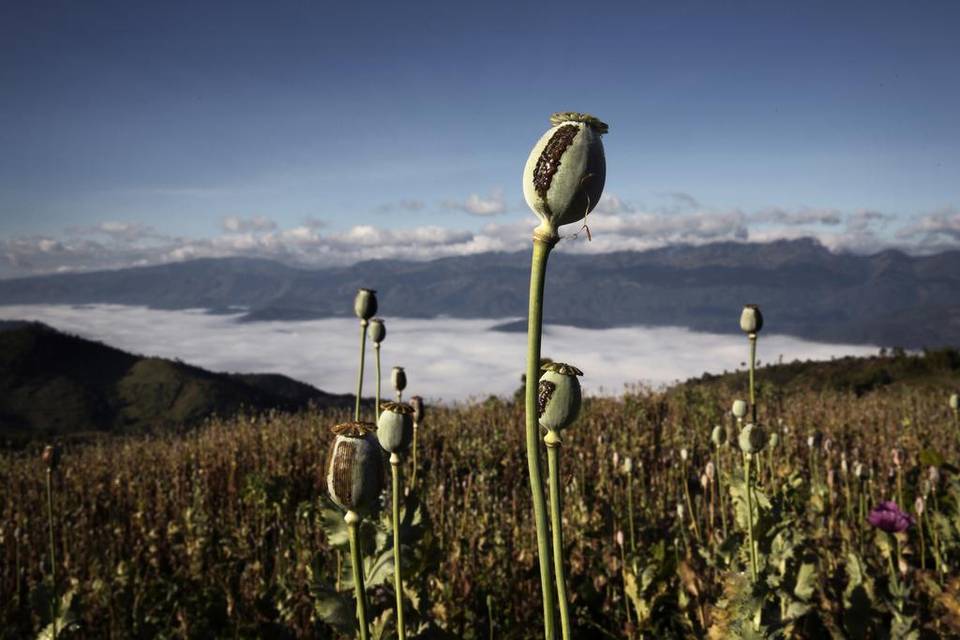-
Tips for becoming a good boxer - November 6, 2020
-
7 expert tips for making your hens night a memorable one - November 6, 2020
-
5 reasons to host your Christmas party on a cruise boat - November 6, 2020
-
What to do when you’re charged with a crime - November 6, 2020
-
Should you get one or multiple dogs? Here’s all you need to know - November 3, 2020
-
A Guide: How to Build Your Very Own Magic Mirror - February 14, 2019
-
Our Top Inspirational Baseball Stars - November 24, 2018
-
Five Tech Tools That Will Help You Turn Your Blog into a Business - November 24, 2018
-
How to Indulge on Vacation without Expanding Your Waist - November 9, 2018
-
5 Strategies for Businesses to Appeal to Today’s Increasingly Mobile-Crazed Customers - November 9, 2018
China busts 35 restaurants using opium poppies as seasoning
Cooks grind up the poppy seeds and sprinkle the powder on the food – but it’s not known whether customers can actually get hooked on opiates from consuming them in this way.
Advertisement
Thirty-five restaurants across China, including a popular Beijing chain, have been accused of illegally using opium poppies as seasoning. While others want to know how much “poison” they have already consumed, others sarcastically brought up the matter, “I finally know the reason for the long queues outside this restaurant”, one customer wrote. The closed restaurants varied from a hot pot Beijing chain to a dumpling joint in Shanghai to a noodle shop in Chongqing province.
Five restaurants are being prosecuted and 30 are under investigation for using the active ingredient in drugs such as morphine and heroine.
General Manager Hu Ling confirmed that the company was under investigation, and said that it may have accidently bought seasoning contaminated with opiates, BBC reported. Recently Shannaxi provincial police found a noodle seller was seasoning with opium in 2014. She has since decline to provide further comment. Such cases have emerged in China since 2004, when the southwestern Guizhou province shut down 215 restaurants.
Poppy powder is cheaply and easily purchased in China for about $60 a kilogram and are often hidden mixed with chili powders and oils.
Advertisement
This is not the first time China has received global attention for food safety scares.





























